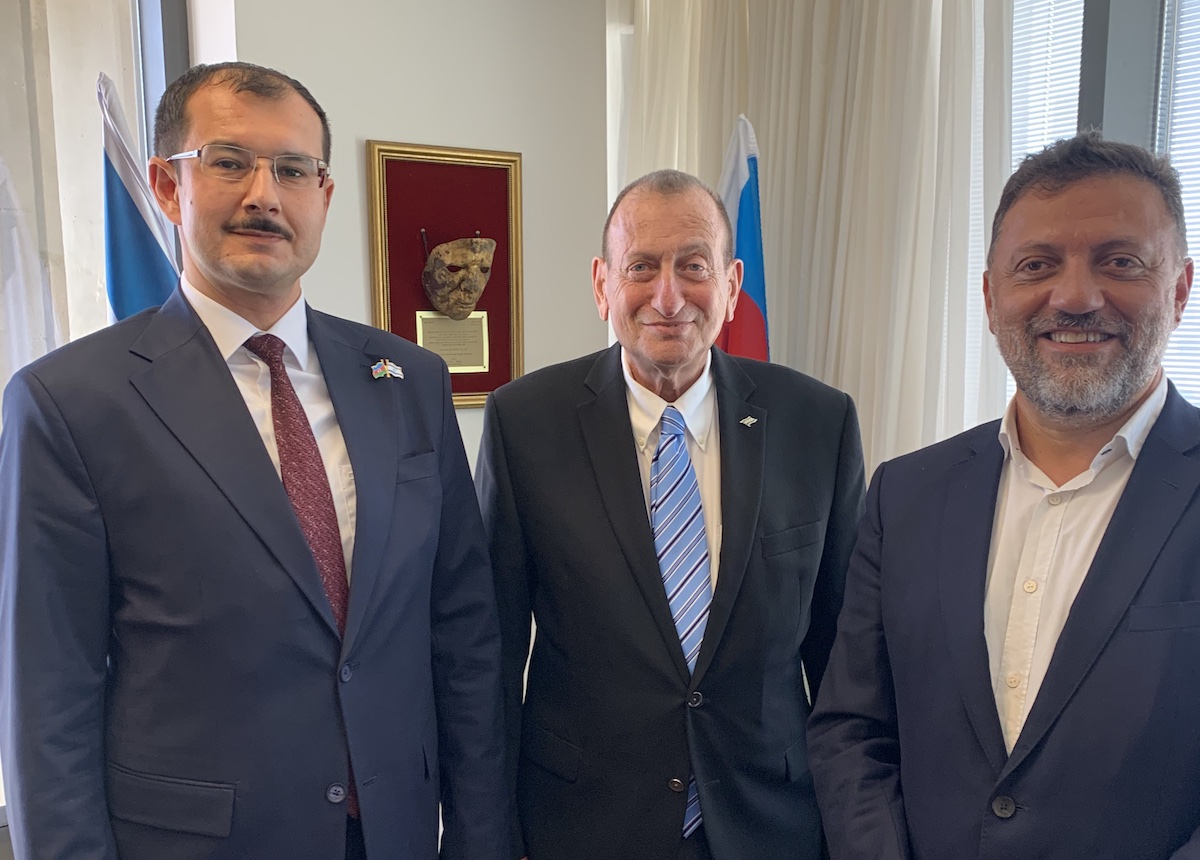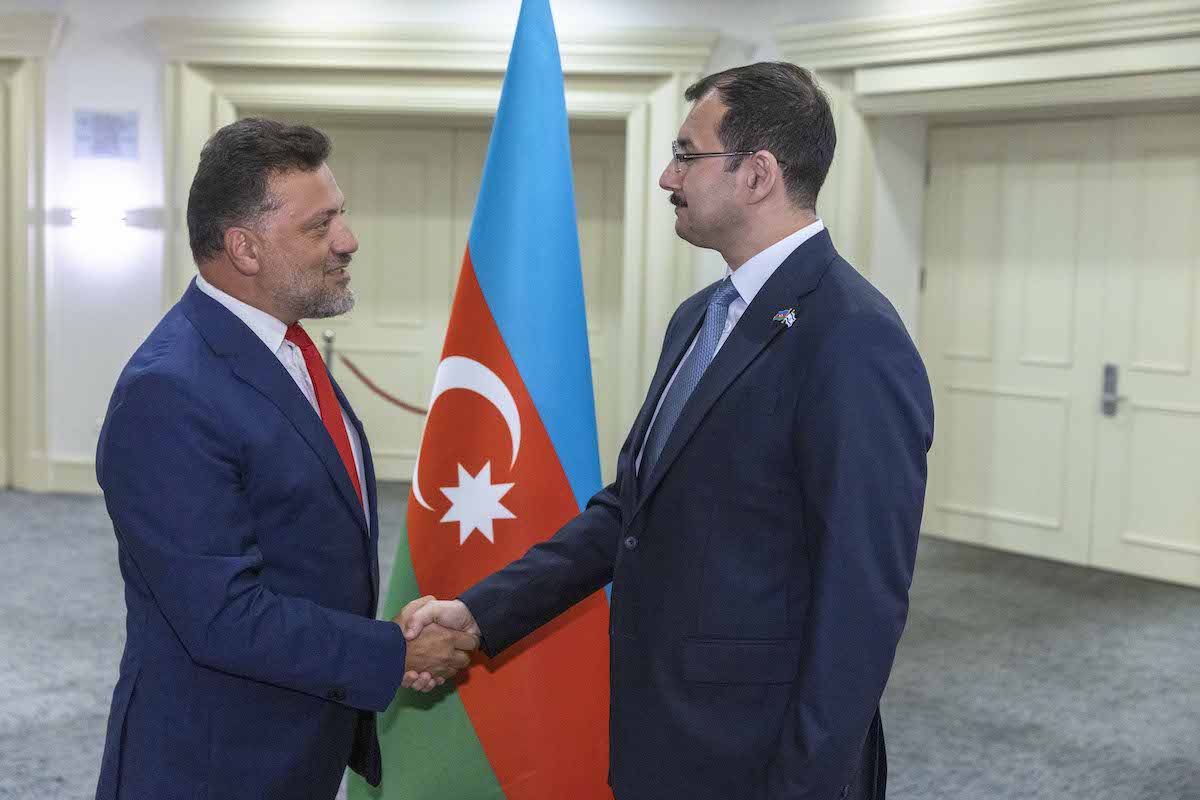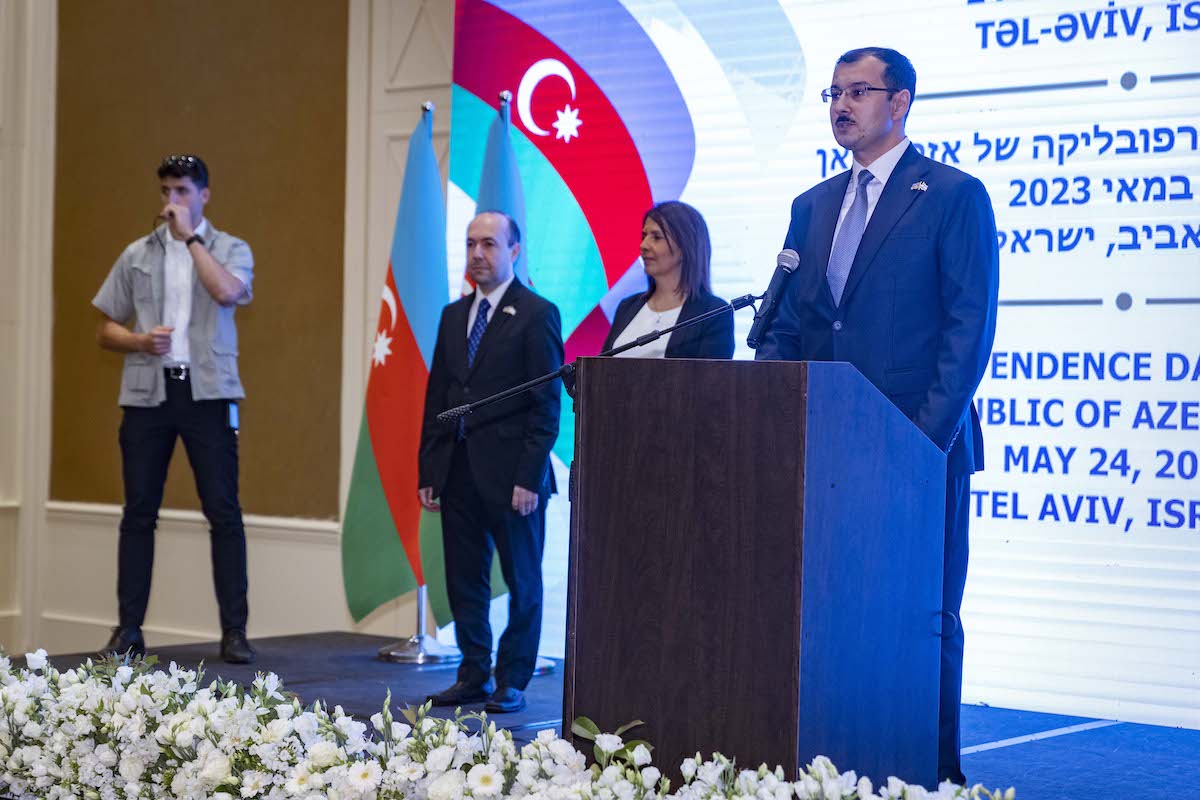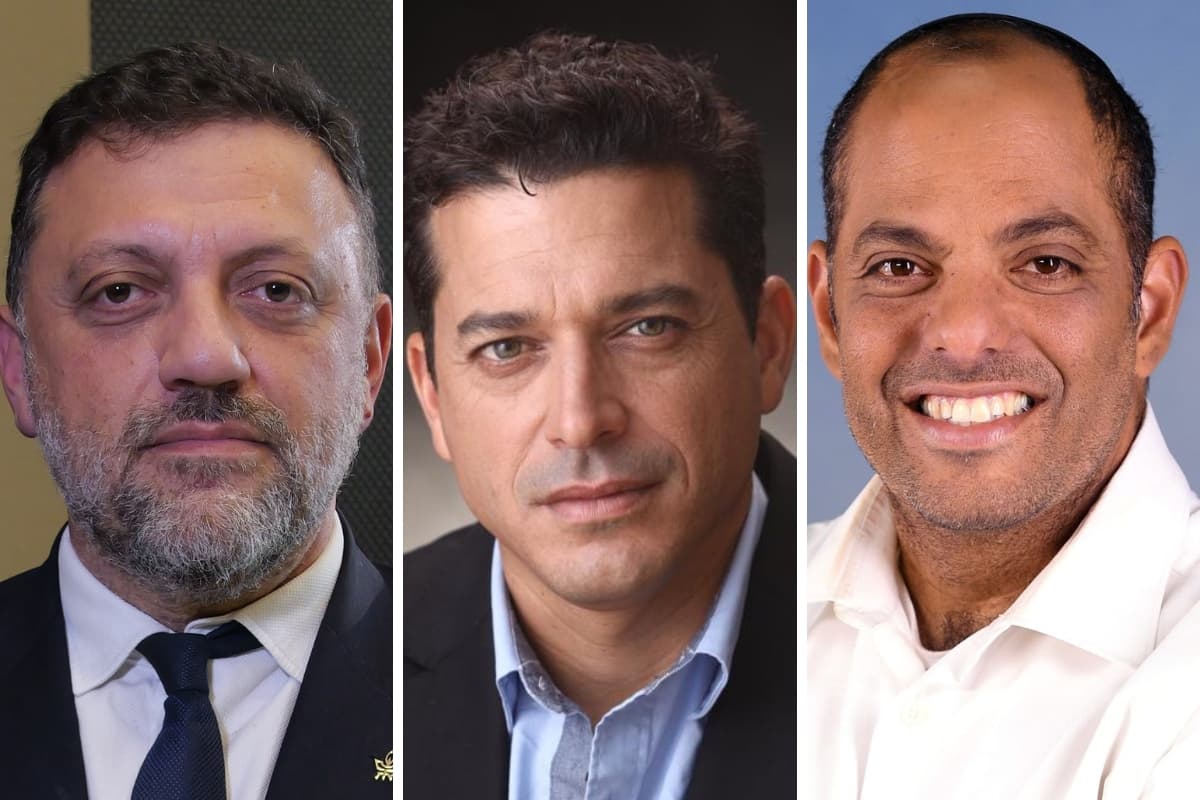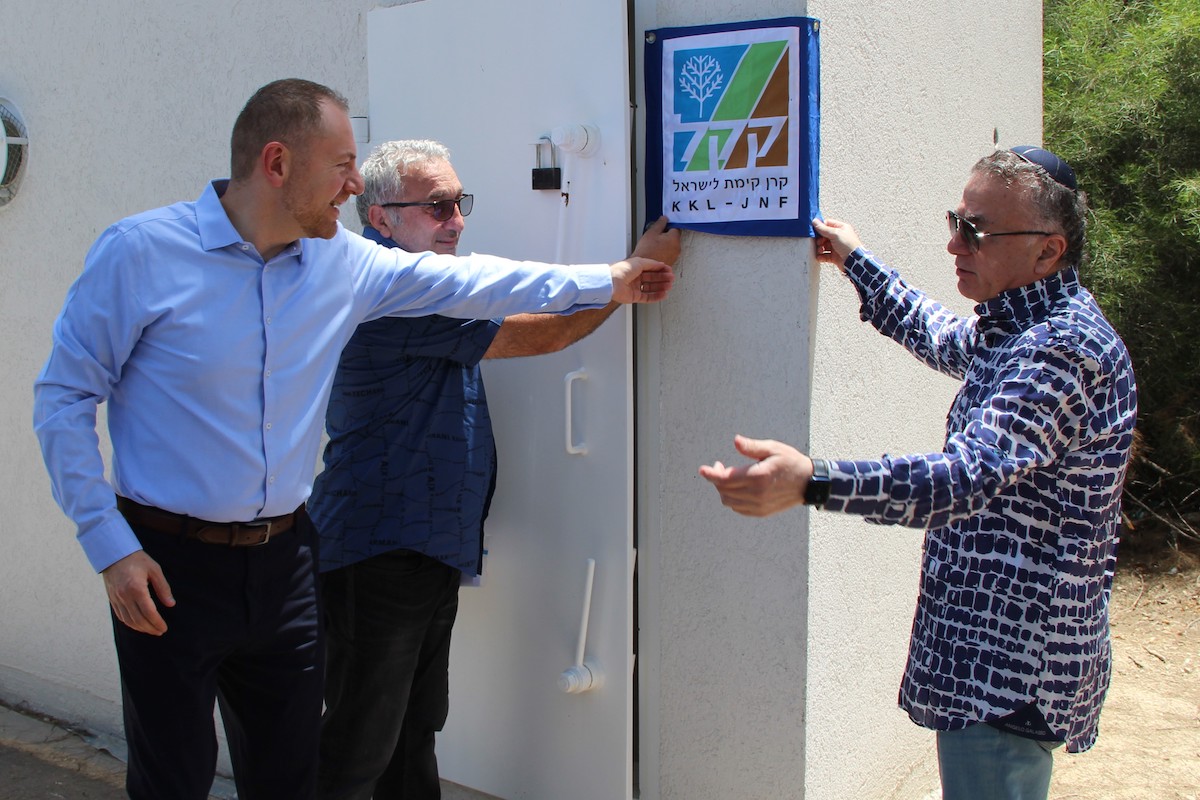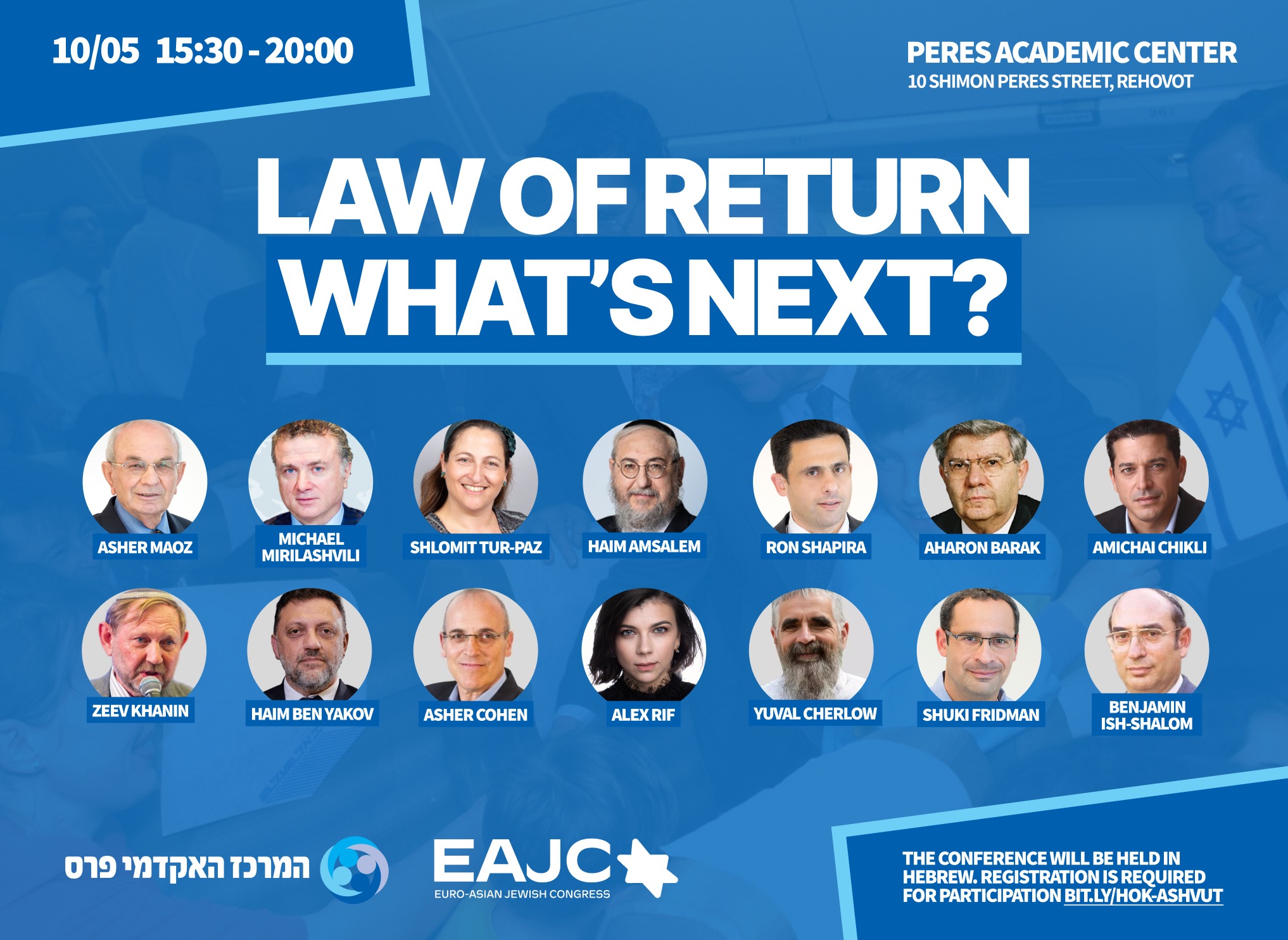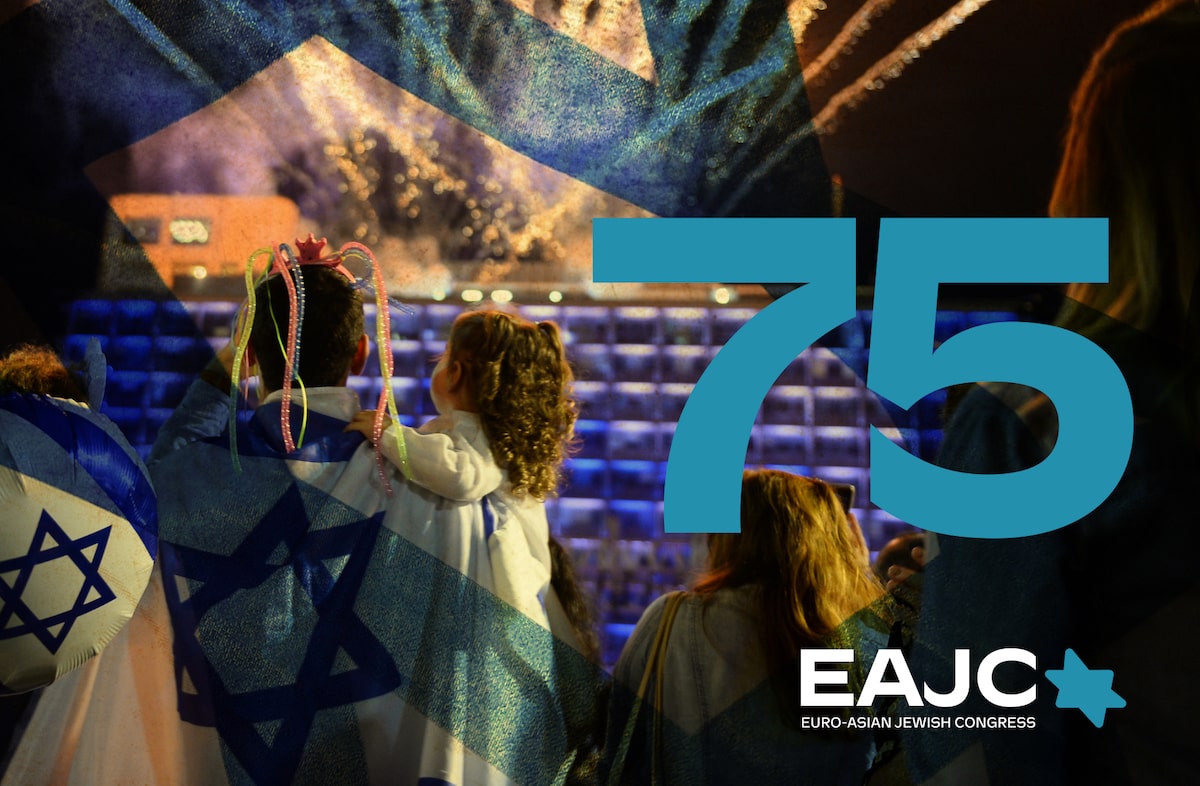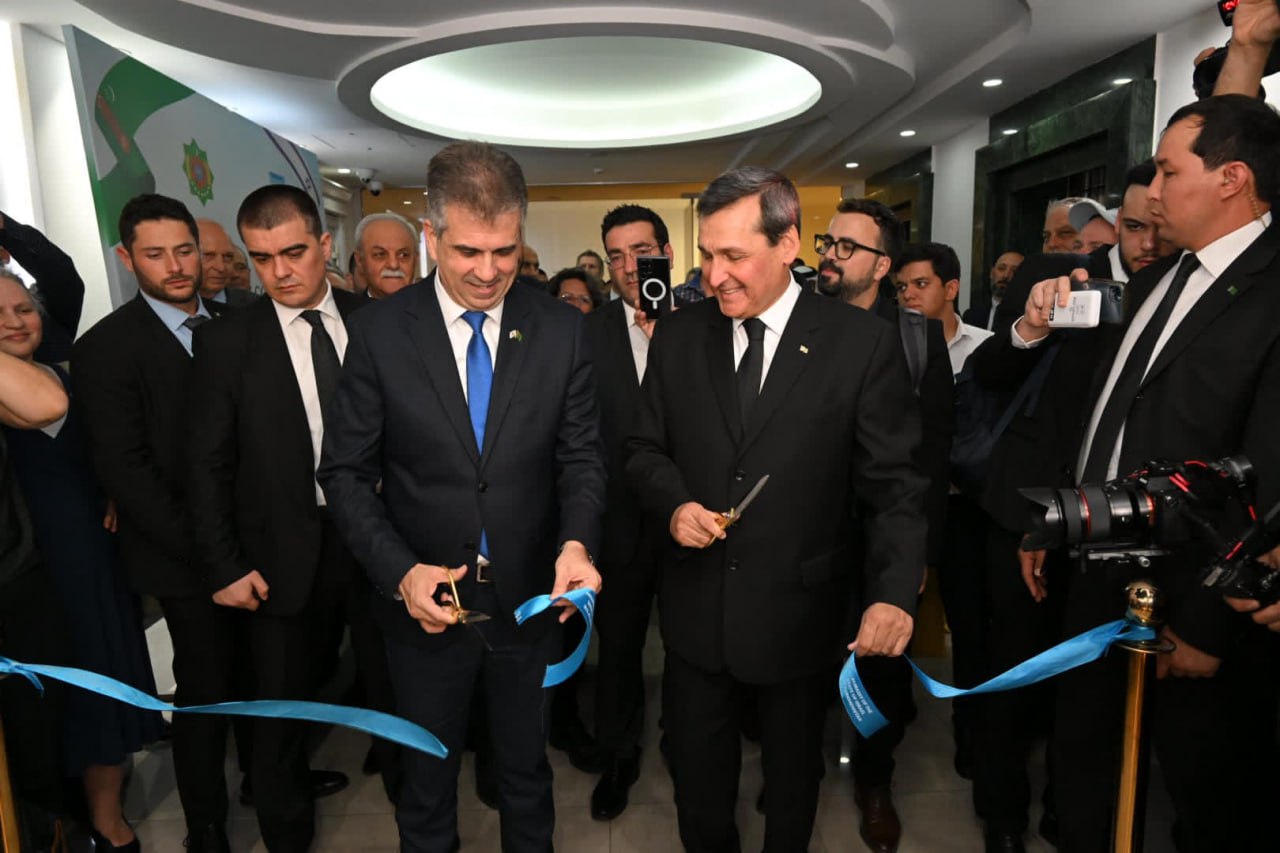A solemn ceremony was held in Kibbutz Ruhama, located on the southern border of Israel in the Shaar HaNegev Regional Council, to open a mobile bomb shelter. The shelter will protect against rocket attacks by terrorist organizations from the Gaza Strip. The event was attended by public and state figures, politicians, and prominent scientists. Among them were Dr. Michael Mirilashvili, President of the Euro-Asian Jewish Congress; Professor Michael Zinigrad, a renowned Israeli chemist and former Rector of Ariel University; Professor Zeev Hanin, Scientific Director of the Institute of Euro-Asian Jewish Studies (IEAEI); retired IDF General and Chairman of the Israel Aerospace Agency, creator of the national cybersecurity system Professor Isaac Ben-Israel; Dr. Haim Ben Yaakov, CEO of the Euro-Asian Jewish Congress; Menachem Busheev, Treasurer of the Congres; Robert Tivyayev, Deputy Chairman of JNF-KKL; Igal Yasinov, CEO of JNF-KKL-Eurasia; Roni Vinnikov, Deputy CEO of JNF-KKL. The project was financially supported by Dr. Michael Mirilashvili, President of the Euro-Asian Jewish Congress.
The organizers of the ceremony emphasized that the location of the mobile bomb shelter was not chosen by chance. Kibbutz Ruhama is one of the leading tourist destinations in southern Israel. Every February, thousands of guests from all over the country come here to witness the blooming of red anemones.
In September 2022, the press service of the Euro-Asian Jewish Congress reported on the completion of a project to build ten mobile protective structures in Israeli settlements on the Gaza Strip border. In addition to the bomb shelters, the program also included the construction of a so-called “security road” in the border kibbutz of Nir-Am.
The JNF-KKL leadership noted the particular contribution of Dr. Michael Mirilashvili in financing projects aimed at ensuring the safety of residents of the southern Jewish state.
“It’s essential that we build bomb shelters exactly where they are needed, including places many tourists visit. Often, funds are allocated only to build objects in the central districts to be visible, but not where they are actually needed. This case is just the opposite,” said Igal Yasinov, CEO of JNF-KKL-Eurasia, thanking Dr. Mirilashvili for initiating the project.
According to the officials of the Fund, the previously erected mobile bomb shelters demonstrated their effectiveness during the IDF’s anti-terrorism operation “Shield and Arrow” in the Gaza Strip, which took place from May 9 to 14.
Additionally, the “security road” built with active financial assistance from the President of the Euro-Asian Jewish Congress helped the IDF to evacuate the residents of the border kibbutz of Nir-Am during the operation.
Recall that the decision to launch a project to build several dozen mobile protective structures in southern Israel, as well as in kibbutzim located directly on the border with the Palestinian enclave, was made ten days after the end of the IDF’s anti-terrorism operation “Guardian of the Walls” in the Gaza Strip in late May 2021. Its implementation occurred in close coordination between JNF-KKL, local settlement councils, and the Israeli Ministry of Defense. Particular attention was paid to the area of border agricultural land to ensure the protection of farmers during potential shelling from the Gaza Strip.
The “Guardian of the Walls” military operation lasted from May 10 to 21, 2021. It began in response to the massive rocket attacks on Israeli territory from the Gaza Strip by terrorist organizations Hamas and Islamic Jihad. During the escalation of the conflict, about 4,360 rockets were fired from the enclave toward the country’s southern cities.

